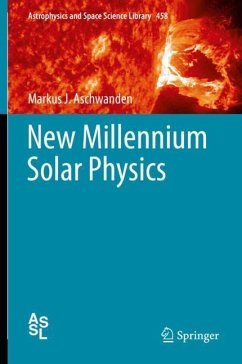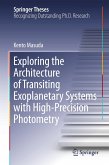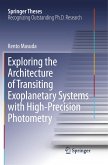This is a follow-on book to the introductory textbook "Physics of the Solar Corona" previously published in 2004 by the same author, which provided a systematic introduction and covered mostly scientific results from the pre-2000 era. Using a similar structure as the previous book the second volume provides a seamless continuation of numerous novel research results in solar physics that emerged in the new millennium (after 2000) from the new solar missions of RHESSI, STEREO, Hinode, CORONAS, and the Solar Dynamics Observatory (SDO) during the era of 2000-2018. The new solar space missions are characterized by unprecedented high-resolution imaging, time resolution, spectral capabilities, stereoscopy and tomography, which reveal the intricate dynamics of magneto-hydrodynamic processes in the solar corona down to scales of 100 km. The enormous amount of data streaming down from SDO in Terabytes per day requires advanced automated data processing methods. The book focuses exclusively onnew research results after 2000, which are reviewed in a comprehensive manner, documented by over 3600 literature references, covering theory, observations, and numerical modeling of basic physical processes that are observed in high-temperature plasmas of the Sun and other astrophysical objects, such as plasma instabilities, coronal heating, magnetic reconnection processes, coronal mass ejections, plasma waves and oscillations, or particle acceleration.
Bitte wählen Sie Ihr Anliegen aus.
Rechnungen
Retourenschein anfordern
Bestellstatus
Storno








